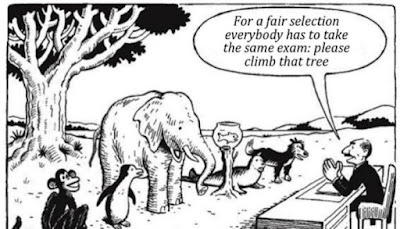One Year at Tonbo Imaging

Tonbo Imaging is the best company to have started my career with, for I've had the opportunity to do something I got interested in at the very start of college; developing software for tangible systems. It has been 6 months of internship and 6 months of full time employment, and I'm certain I've learnt more than I ever could have during my four years at college. I've been very fortunate to have a very knowledgeable mentor, and a manager who gives us a lot of space to think and ideate, and spend time on research. In the past year, I've worked on developing an ecosystem of small-sized thermal cameras running a custom Android OS that perform video analytics, are controlled remotely and support global live streaming. It's taken a year to go from an idea to a proof of concept product - we're in no way scalable yet, and are continuously going through architectural changes while ideating and understanding the potential of this system. Most of my work has been R&





